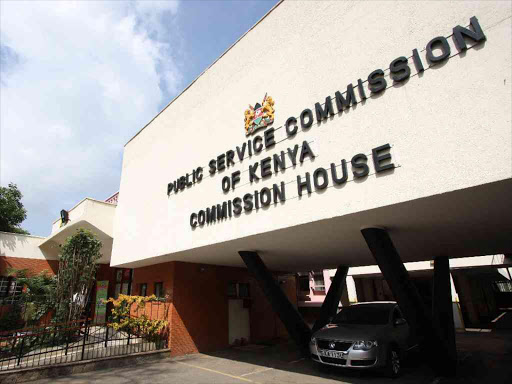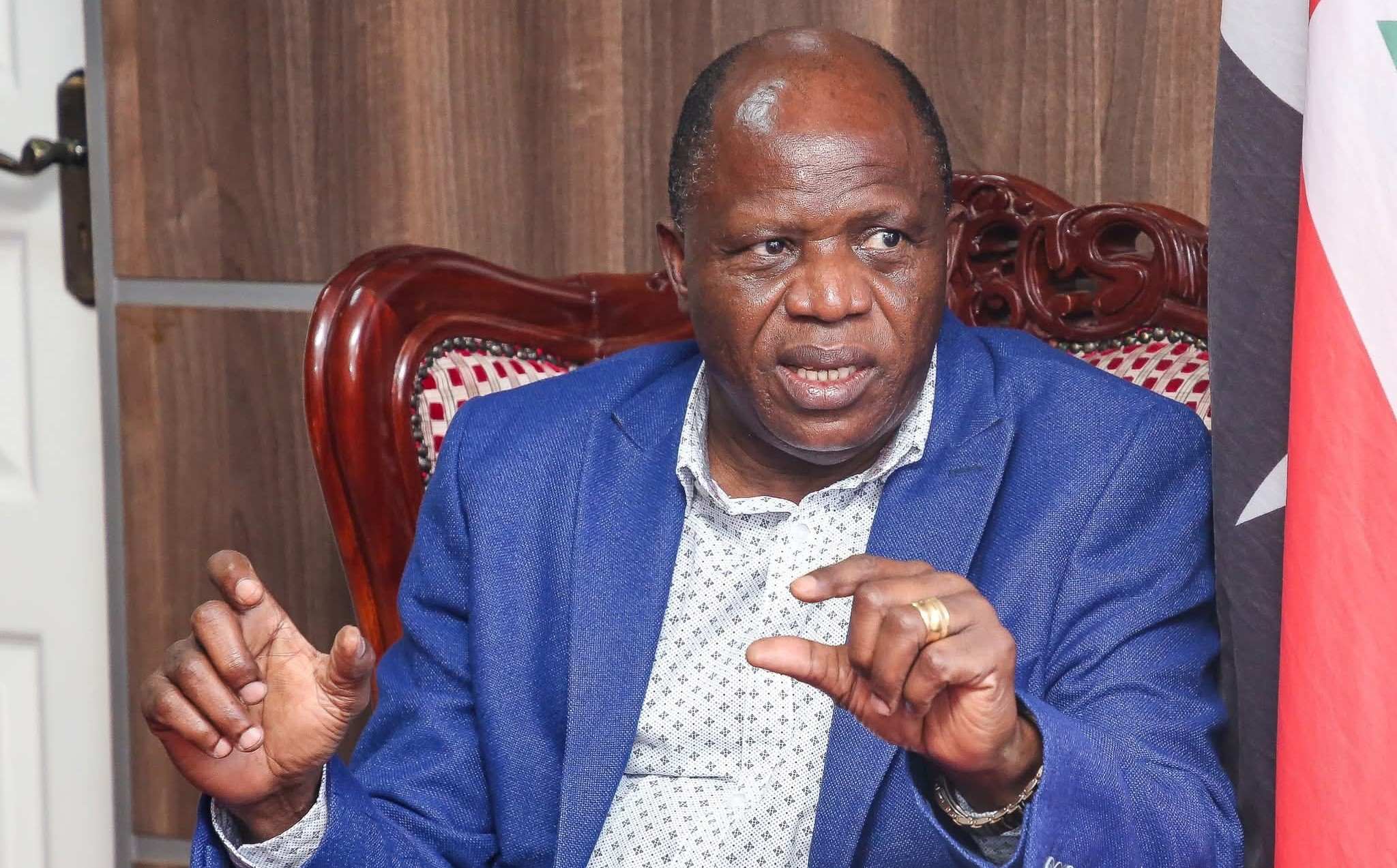PSC, SRC lock horns over authority to determine public service pay

In its 2023/24 annual report, the PSC accuses the SRC of overstepping its role by advising public institutions directly on pay structures, bypassing the PSC.
A dispute has erupted between the Public Service Commission (PSC) and the Salaries and Remuneration Commission (SRC) over which body holds the authority to determine salaries and allowances for public service workers.
The disagreement threatens to derail ongoing efforts to streamline public service remuneration.
More To Read
- SRC accused of fuelling turf wars among key public agencies
- Nairobi orders staff to submit academic, professional records by January 15
- Chief Justice Koome swears in Michael Thoya as new SRC Commissioner
- Public service pension contributors exceed 500,000 as fund grows
- Audit flags leadership vacuum at Garissa University since 2022
- Outgoing NCIC faces scrutiny over last-minute recruitment of 22 staff
In its 2023/24 annual report, the PSC accuses the SRC of overstepping its role by advising public institutions directly on pay structures, bypassing the PSC.
The PSC argues that this has led to pay distortions and worsened disparities, ultimately undermining fairness within the public sector.
“SRC has no power to determine remuneration and benefits in the public service. The SRC’s mandate over public officers is to advise on their remuneration and benefits. This advice is supposed to be given to PSC as the employer of public officers,” the report from the PSC reads.
“However, SRC has consistently given the advice directly to agencies that fall under the mandate of the PSC, thereby distorting remuneration in the public service and enhancing discrimination and unfairness.”
The PSC maintains that it alone has the authority to determine the pay for public officers, but only after receiving advice from the SRC.
“Only the PSC has the power to determine the remuneration and benefits of public officers upon advice from SRC,” reads the report.
Implications
The dispute has far-reaching implications for the public service, given that the SRC has been overseeing crucial reforms such as salary reviews and restructuring allowances. The SRC’s reforms have already resulted in the elimination of various allowances, saving the government approximately Sh11 billion since 2021.
Despite the PSC’s accusations, the SRC has not responded to questions regarding its role in pay determination. The commission has declined to clarify whether it would consider channelling its advice through the PSC instead of engaging directly with public institutions.
The SRC’s reform efforts have included the removal of allowances such as the Ministerial Allowance for Cabinet Secretaries, the Plenary Sitting Allowance for MPs and MCAs, and the Taxable Car Allowance for senior public officials.
Currently, the SRC is in discussions with government institutions about whether certain allowances should be merged, renamed, restructured, or abolished.
However, the PSC opposes these efforts, arguing that they encroach on its constitutional mandate.
Former SRC chairperson Lyn Mengich, who left office in September last year, defended the SRC’s direct engagement with public institutions.
She argued that addressing allowances was crucial to tackling pay inequities in the public sector.
“That is where the real issue about inequitable pay happens, it is at the allowances level. Streamlining allowances is one way of achieving harmonisation,” Mengich said.
The conflict between the PSC and SRC is compounded by the Constitution’s lack of clarity on remuneration matters.
While the Constitution grants the PSC responsibility for ensuring efficiency in the public service and developing human resources, it does not explicitly grant the commission the authority to manage remuneration.
This gap has further complicated the ongoing power struggle between the two bodies.
Top Stories Today












































